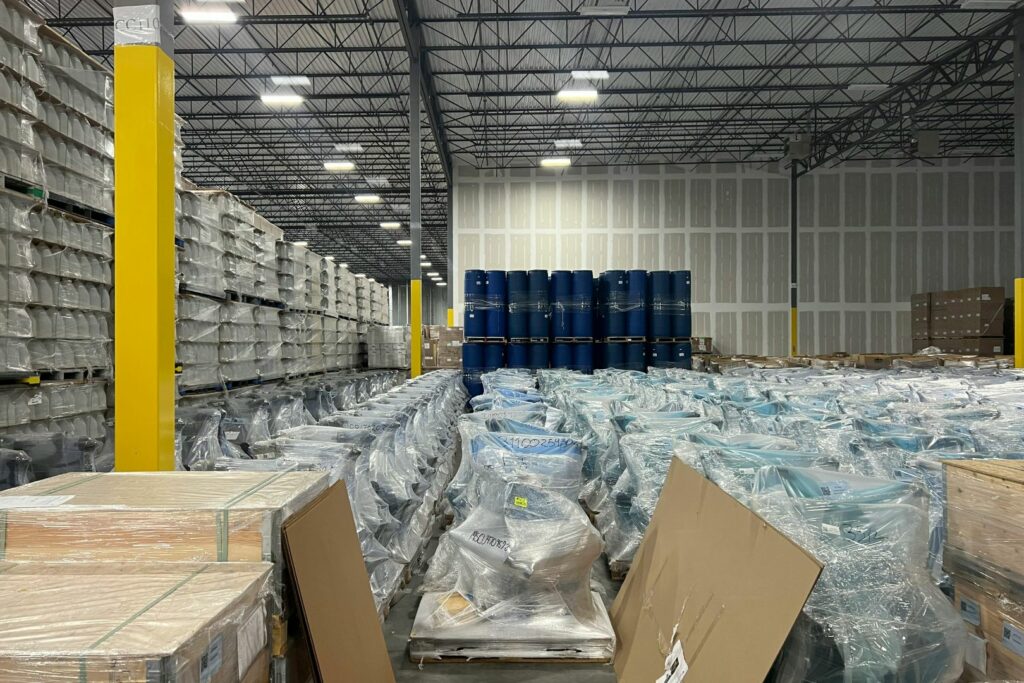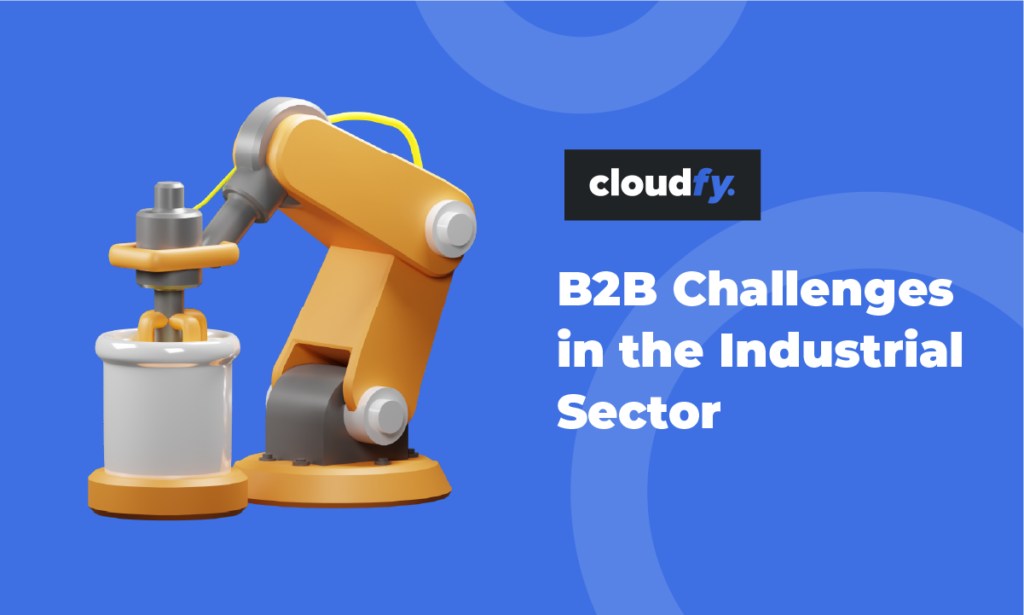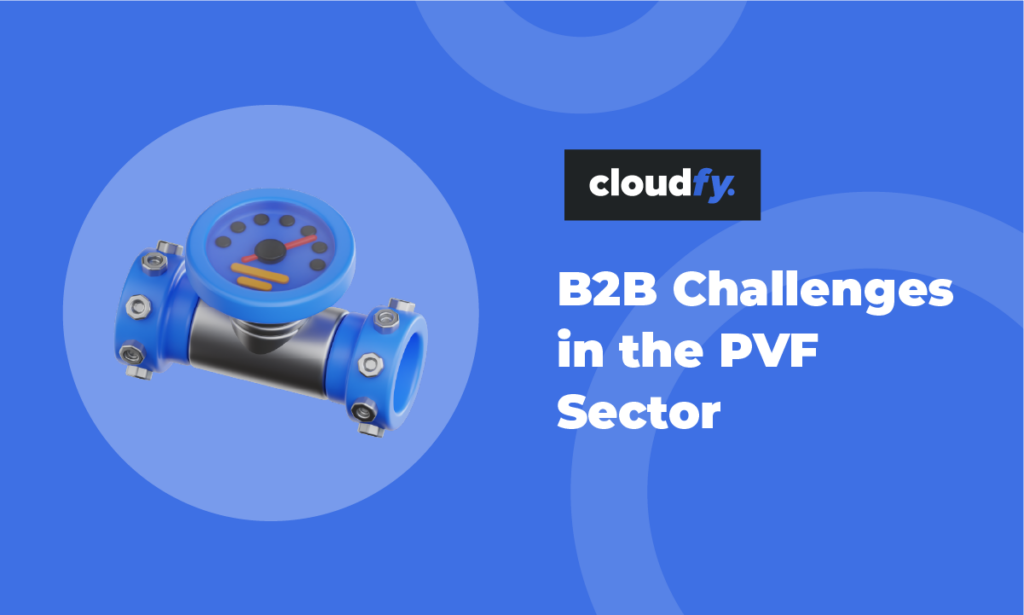Making food and beverage (F&B) companies responsible for their whole product lifecycle seems like a positive sustainable step. However, there are implications for procurement, fulfillment and pricing.
The Organisation for Economic Co-operation and Development (OECD) originally introduced extended producer responsibilities (EPR) in the 1970s. The intention was to help businesses deal with waste more effectively throughout their products’ lifecycles. Around the world there are now over 400 initiatives, from the US to India.
California’s new drive to reduce plastic waste could significantly affect manufacturers, distributors and business to business (B2B) ecommerce sales. The state’s recently published draft proposals for new legislation suggest it now includes formerly exempt industrial and commercial packaging. Here’s why it matters for the F&B sector.
Table of Contents
How California’s EPR program could affect B2B operations
California’s Department of Resources Recycling and Recovery (CalRecycle) is responsible for the legislation. It says the aim is to impose minimum content requirements for single-use packaging and plastic food service ware. It says the proposals: ‘go further than any other state on cutting single-use plastic at the source’.
Originally, the legislation focused on plastic and non-compostable packaging and plastic food service containers and cutlery sold consumers in California. However, a revised definition of ‘consumer’ effectively puts food and beverage manufacturers, distributors, and importers within its scope. This imposes EPR obligations, even if you don’t sell to consumers.
The revised proposals include various packaging (covered material) commonly used in B2B operations. The draft describes a consumer as: ‘the end user of an item, or the last person in the supply chain who acquires and uses an item’. It gives the example of a retailer who obtains and uses a covered material item in its business operations. Although the retailer doesn’t sell or distribute the item, it is the consumer.
If this definition goes ahead, EPR will extend to industrial and manufacturing companies, warehouses, restaurants and retailers. It could apply to commercial-use pallet wrapping, shrink film, protective foam, cardboard, and paper used in warehouses and supply chains.
B2B companies would have to register, track packaging materials, and pay EPR fees. If approved, businesses will have just 30 days from the effective date to start meeting their obligations.
The impact of California’s covered packaging requirements
The 2032 target for 100% recyclable or compostable packaging materials and food service ware will not change. However, the wider scope will put pressure on manufacturers and distributors for the Californian market who were previously exempt. If implemented, other states and countries could follow.
If this proposal affects your business, but you don’t currently collect packaging use and recyclability data, the implications are significant. Supply chain processes, product packaging, and compliance systems will all need updating. You will need to devote time, resources and funding to:
- product and packaging design
- how to meet performance standards
- changes to labeling.
How to respond to California’s new EPR requirements
For more information, you can view the details on the CalRecycle website. An Advisory Board has been set up to identify barriers and solutions to creating a circular economy. It will advise producer responsibility organizations, producers, and the department about implementation of the new law. You can attend the Board meeting in person or online on 15 August from 10am to 4pm. A 45-day consultation period will follow, where you can make submissions.
While the final State Bill (SB54) will take some months to finalize, manufacturers, distributors and ecommerce platform providers can prepare.
- Identify materials you use that would fall within the scope of the definition.
- Liaise with your supply chain and customers to minimize disruption.
- Develop a compliance framework to track packaging use and recycling.
Order tracking tools from Cloudfy
With Cloudfy’s purpose designed B2B ecommerce SaaS platform you can easily assign unique license numbers to your clients’ wholesale orders. You can use your preferred license generation software to create a list of serialized license numbers. It’s easy to flag your products as serialized in either your integrated enterprise (ERP) system or your Cloudfy administration dashboard. Then you can simply import your table of serialized numbers to tag your customers’ ecommerce orders automatically. The next available license number is applied and saved in your back-office systems for order and fulfillment tracking.
Find out more about Cloudfy’s advanced B2B ecommerce tools for F&B companies. Book a free demonstration today.





